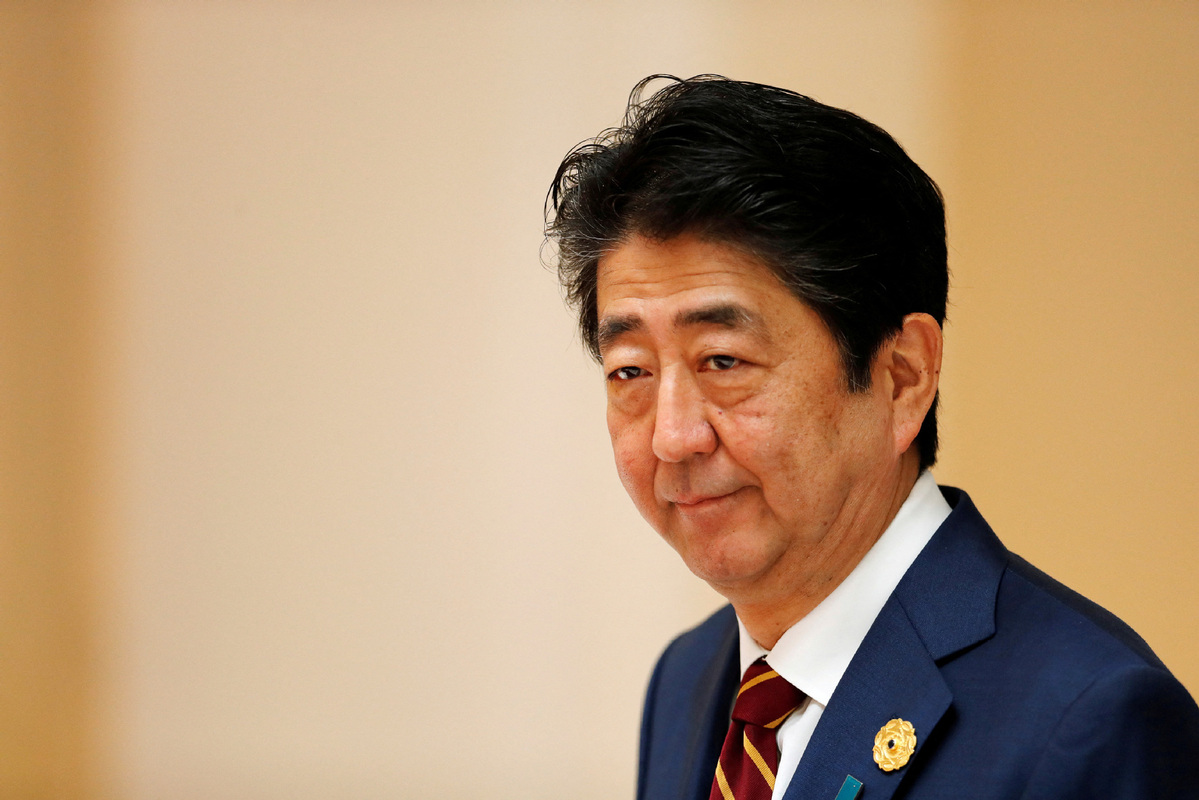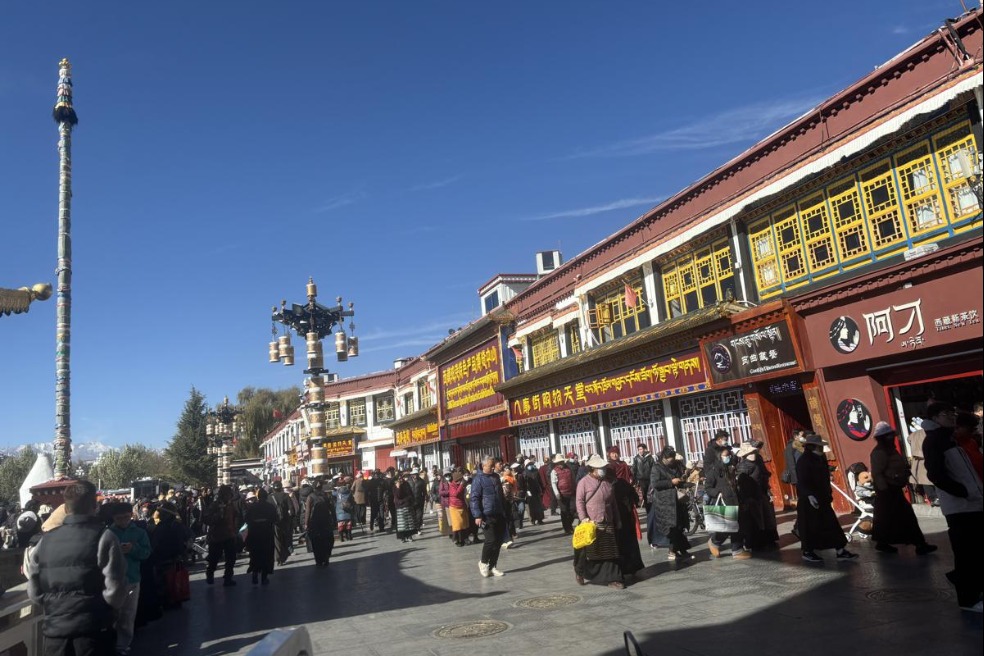Abe's political legacy will continue to endure


Shinzo Abe, grandson of a prime minister and son of a minister of foreign affairs, played an important role in reshaping Japan's role in the international arena, opening a new chapter in Japanese foreign policy, seeking to strike a balance between the United States and China.
His diplomatic and security policies have become an important part of Japan's national policy and even strategic framework in related fields, and will still be important factors affecting Japan's domestic and foreign policies in the coming years, despite his assassination.
The first Japanese prime minister born after the war, the longest-serving prime minister in Japanese history, the policies of Shinzo Abe have been deeply imprinted on Japan's politics, security, diplomacy, economy and other fields in the form of his "political heritage".
Abe implemented a significant strategic reset of Japanese foreign and security policy, lifting the ban on collective self-defense and initiating an all-round enhancement of Japan's military strength.
After resigning as prime minister due to illness in August 2020, Abe continued to exert influence on politics, personally guarding the implementation of his political legacy.
Considering that Abe's "political legacy" is the product of his long-term rule and essentially represents the basic attitude of the mainstream political forces in Japan toward relevant issues, although the current Japanese Prime Minister Fumio Kishida and other politicians may adjust the pace of its implementation according to the actual situation, they will not change the direction or overturn the foreign policy designed by Abe.
Abe's death will not change the fact that the Kishida administration will continue to see China and Russia as Japan's "threats", seek to achieve the ultimate goal of becoming a military power, and take full advantage of Japan's alliance with the United States and platforms such as G7, the Quad and NATO to seek to strengthen the country's global influence.
On the premise that Sino-US relations, the domestic political situation and the factional pattern within the LDP have not changed significantly, inheriting Abe's "political legacy" and putting forward new ideas with personal characteristics on that basis may be the basic consideration of Kishida's foreign policy in the foreseeable future.

































